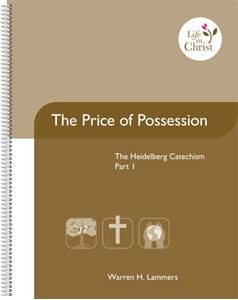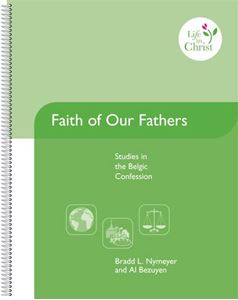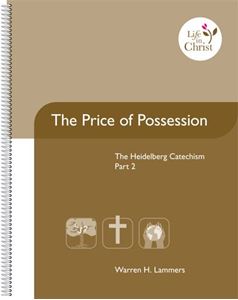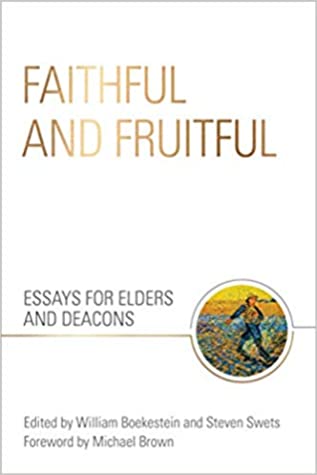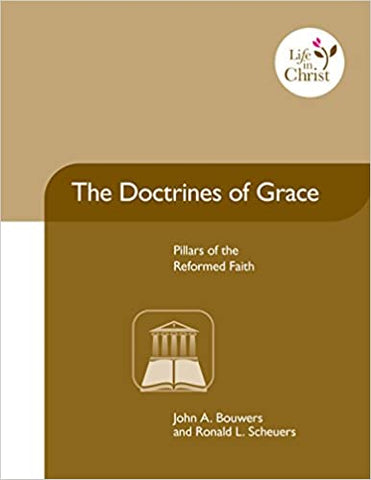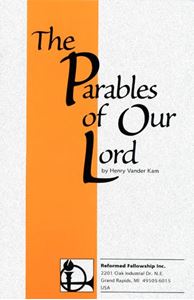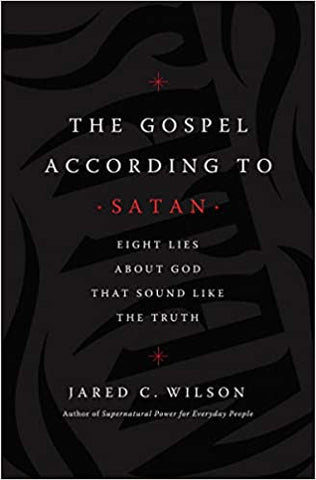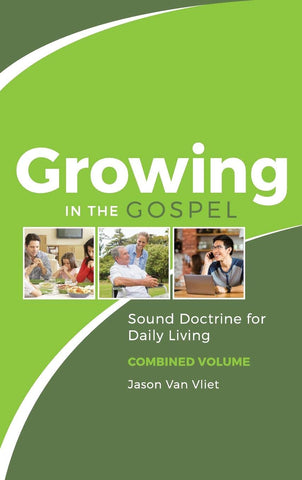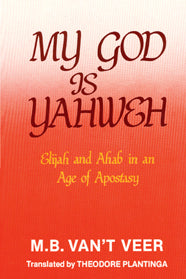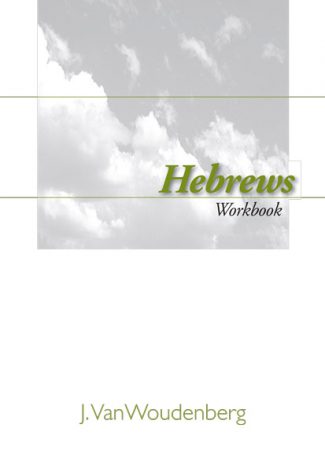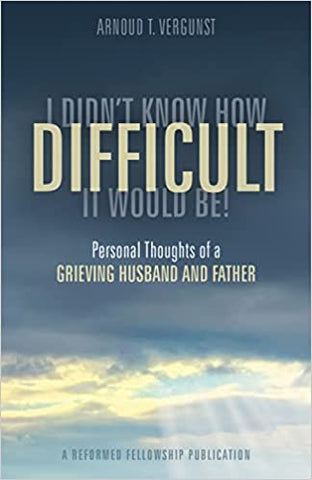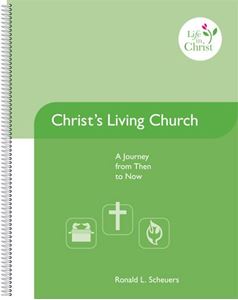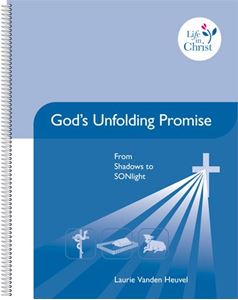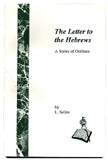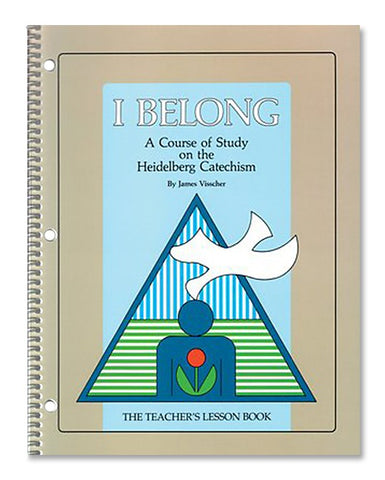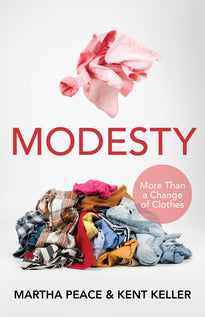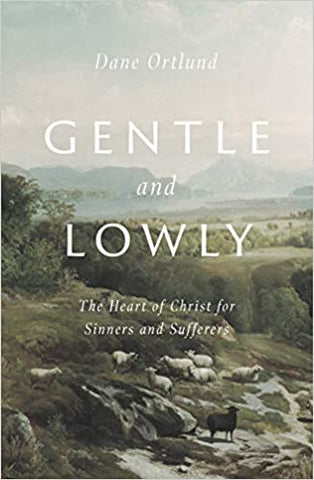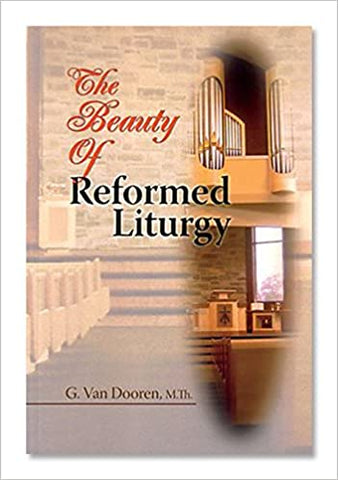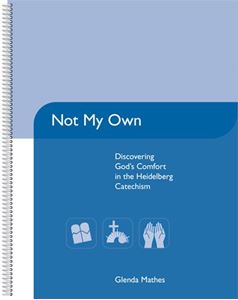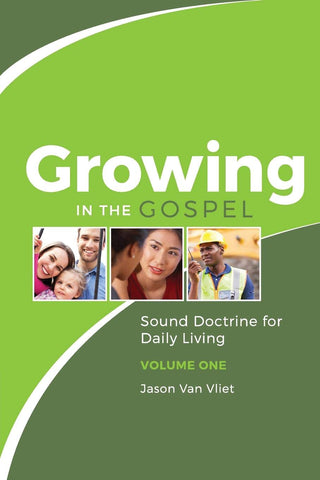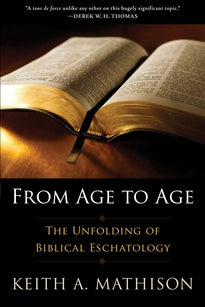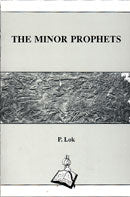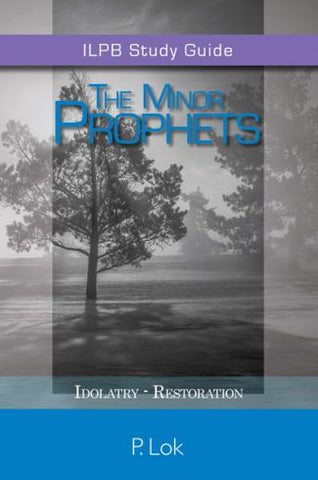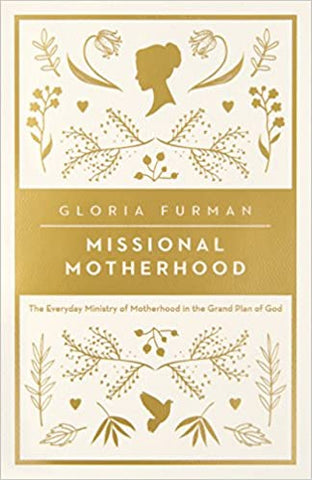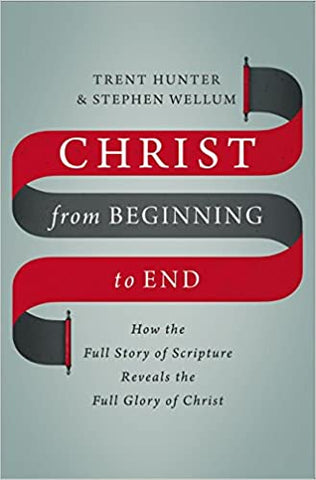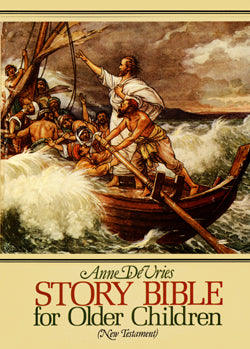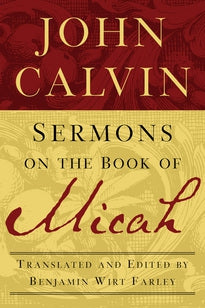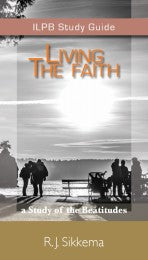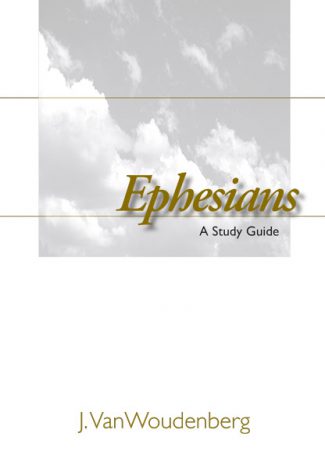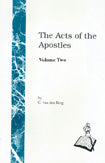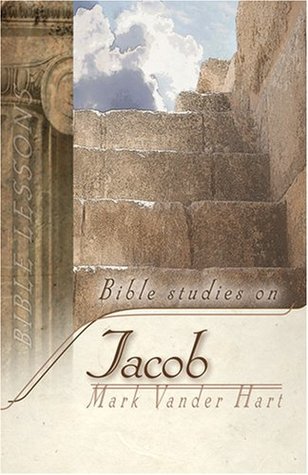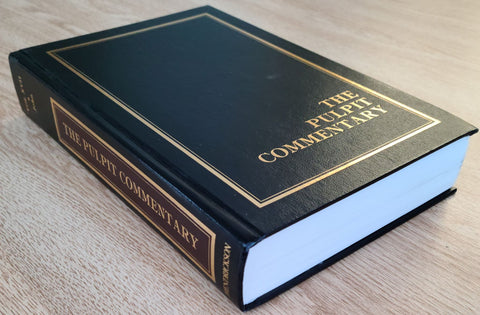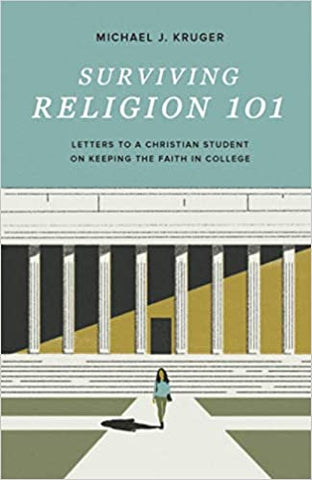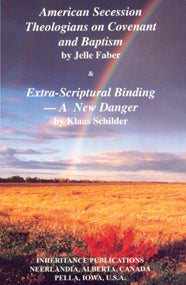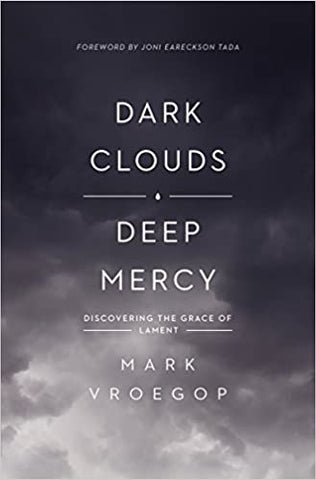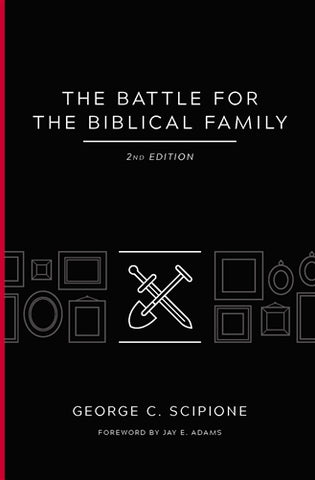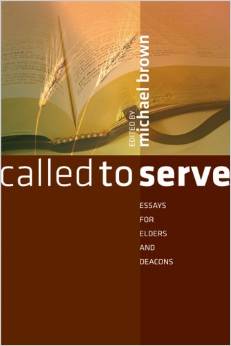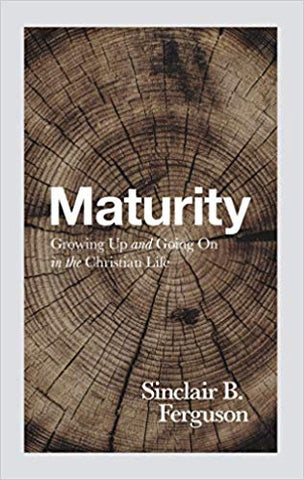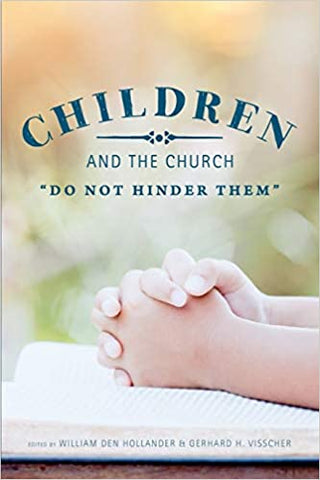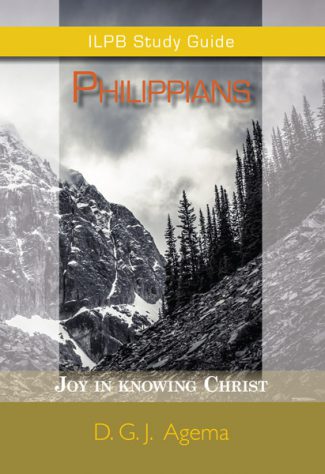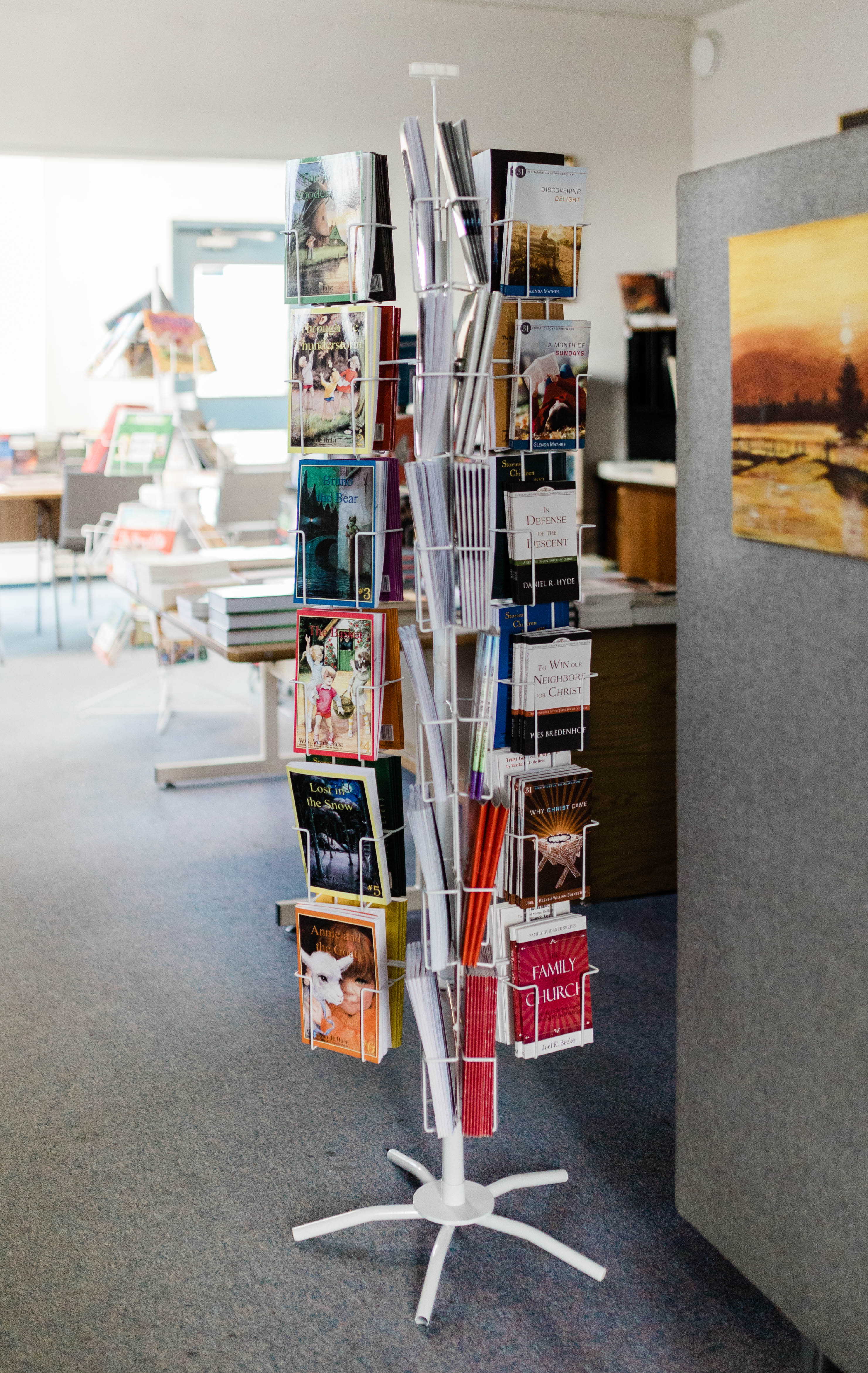Why Can't We Be Friends?
Print Book
3 In Stock
Avoidance is Not Purity
Written by Aimee Byrd
The church stands firm against culture on many issues of sexuality . . . but misses this one! Society says we are merely sexual beings and should embrace this, and in the church we use this same view as an excuse to distrust and avoid each other! We shy away from healthy friendship, and even our siblingship in Christ, in the name of purity and reputation . . . but is this what we are called to do?
Aimee Byrd reminds us that the way to stand against culture is not by allowing it to drive us apart—it is by seeking the brother-and-sister closeness we are privileged to have as Christians. Here is a plan for true, godly friendship between the sexes that embraces the family we truly are in Christ and serves as the exact witness the watching world needs.
Endorsements:
“With this book, Aimee Byrd has done a great service to the church. At a time when society at large is questioning the meaning of friendship in general and the legitimacy of friendship between men and women, Aimee challenges her readers to test their responses and determine whether they are dictated by Scriptures or by culture and tradition. The answers might surprise you.
Read this book even if you think you are already the best of friends. You will find many unexpected questions and insightful recommendations. If you have children, it will help you to establish in them, from an early age, good habits of friendship and sibling relationships.” —Simonetta Carr, Author, Broken Pieces and the God Who Mends Them and the Christian Biographies for Young Readers series
“The apostle Paul never called his closest associates “friends”; they were brothers and sisters in Christ. Expanding on his insight, Aimee Byrd explains friendship between males and females in the church as a sacred-siblings calling to love, sanctification, and celebration. Too many people today guard their hearts with rules motivated by fear, concern for reputation, or gross misunderstandings of who we are instead of by theology. Why Can’t We Be Friends? ushers us into the deep spaces of Christian theology in a way that rearranges our relationships. If we will be siblings in the kingdom, it’s time we accepted our future for the sake of our present. This is the best book I have seen on this subject.” —Scot McKnight, Julius R. Mantey Chair of New Testament, Northern Seminary, Lisle, Illinois
“Have you ever wondered whether there’s more that God intended for men and women to experience in their friendships with one another this side of heaven? With winsome candor, extensive research, and a vibrant love for the church, Aimee Byrd urges readers to confront the stereotypes that limit friendship between men and women by seeking above all else to promote holiness in one another. Her words awaken a desire to richly enjoy the brother/sister relationships to which our elder brother, Christ, calls us. Her life bears this out. Thank you, Aimee, for such a courageous and timely gift to the church!” —Dave Myers, Elder, New Hope Orthodox Presbyterian Church, Frederick, Maryland
“In our hyper-sexualized culture, there is a very real danger that the church will unconsciously allow the world to set her priorities, if only by way of overreaction, and will thereby ironically lose sight of important aspects of biblical teaching. Nowhere is this more likely than in the sphere of relationships between the sexes. Thus, Aimee Byrd’s plea for a recovery of such friendships in the church, through the rediscovery of the significance of the biblical use of sibling language, is timely. The church is to be a place of love and hospitality where we are to take seriously the transformation of our identities in Christ. A provocative but irenic breath of fresh air on a contentious topic, this book shows how we can and should do that. Highly recommended.” —Carl R. Trueman, William E. Simon Visiting Fellow in Religion and Public Life, Princeton University; Professor of Biblical and Religious Studies, Grove City College
Paperback, 244 pages, notes, discussion questions
Related Products
From this Collection
-
The Price of Possession 1$29.95
The Heidelberg Catechism, Part 1
Life...
The Heidelberg Catechism, Part 1
Life in Christ series
Written by Warren H. Lammers
A 25-lesson course on the first half of the Heidelberg Catechism (HC), creat...
-
Faith of Our Fathers$29.95
Studies in the Belgic Confession
Life...
Studies in the Belgic Confession
Life in Christ series
Written by Bradd Nymeyer, and Al Bezuyen
A 25-lesson course on the Belgic Confession of Faith, created fo...
-
The Price of Possession 2$29.95
The Heidelberg Catechism, Part 2
Writ...
The Heidelberg Catechism, Part 2
Written by Warren H. Lammers
A 25-lesson course on the second half of the Heidelberg Catechism (HC), created fo...
-
Faithful and Fruitful$33.95
Essays for Elders and Deacons
Edited ...
Essays for Elders and Deacons
Edited by William Boekestein and Steven Swets, Foreword by Michael Brown
Healthy churches have healthy elders and deacons. When a local congrega...
-
The Doctrines of Grace$29.95
Pillars of the Reformed Faith
Life in...
Pillars of the Reformed Faith
Life in Christ series
Written by John A. Bouwers and Ronald. Scheuers
A course on the Five Solas, the Canons of Dort, and other key Refor...
-
The Parables of Our Lord$13.95
Written by Henry Vander Kam
Thi...
Written by Henry Vander Kam
This 16 lesson study guide includes discussions on all of the more well-known and well-loved parables told by our Lord, such as “The Parable of the Sower...
-
Isaiah, the Redeemer is Coming$14.95
Written by H.P. Dam
In ten outl...
Written by H.P. Dam
In ten outlines, the author explores the second main section of Isaiah, the largest Bible book. It teaches about God’s great love for His people. God makes it cl...
-
The Gospel According to Satan$21.95
Eight Lies About God That Sound Like the Tru...
Eight Lies About God That Sound Like the Truth
Written by Jared C. Wilson
Not every lie sounds untrue. Some lies are repeated so often they seem to be common sense. That's why lies...
-
The Glorious Work of Home Visits$9.95
Written by Peter G. Feenstra,
Home vi...
Written by Peter G. Feenstra,
Home visitation by ministers, elders and deacons is a long-standing practice in Reformed churches. The author explores several questions regarding this work....
-
Growing in the Gospel - Combined Volume$49.95
Sound Doctrine for Daily Living...
Sound Doctrine for Daily Living
Written by Jason Van Vliet
Do you want to delve into the riches of the gospel more deeply… and live out of them more consistently? In t...
-
My God is Yahweh$29.95
Elijah and Ahab in an Age of Apostacy
Elijah and Ahab in an Age of Apostacy
Written by M.B. Van’t Veer
The time of King Ahab and his wicked wife Jezebel was also that of the prophet Elijah.
A struggle between th...
Hebrews, Workbook$8.95Written by J. Vanwoudenberg
Thi...
Written by J. Vanwoudenberg
This workbook of 18 Outlines is to help in preparing for and participating in Bible study. It is comprised of questions that look at what the text of Heb...
I Didn't Know How Difficult It Would Be !$18.95Personal Thoughts of a Grieving Husband and ...
Personal Thoughts of a Grieving Husband and Father
Arnoud T. Vergunst
"In this easy-to-read, down-to-earth autobiographical book, Arnoud Vergunst makes himself vulnerabl...
The Covenantal Gospel$19.95Written by Dr. C. Van der Waal
What s...
Written by Dr. C. Van der Waal
What significance does the Old Testament have for the church of the new covenant? What is the difference between the old and new covenant? What is the relat...
Christ's Living Church$29.95A Journey from Then to Now
Life in Ch...
A Journey from Then to Now
Life in Christ series
Written by Ronald L. Scheuers
A 25-lesson course on the Church and the Reformed Christian faith in history, created for Midd...
God's Unfolding Promise$29.95From Shadows to SONlight
Life in Chri...
From Shadows to SONlight
Life in Christ series
Written by Laurie Vanden Heuvel
A 25-lesson course that traces God’s covenant history of redemption from Genesis ...
The Letter to The Hebrews$14.95A Series of Outlines
Written by L. Se...
A Series of Outlines
Written by L. Selles
It is a message that remains valid through the ages, and seems particularly today. We learn in Chapter 13, that the letter is meant ...
I Belong, Teacher's Manual$17.95A course of study on the Heidelberg Catechis...
A course of study on the Heidelberg Catechism
Written by James Visscher
The aim of this course of study on the Heidelberg Catechism is to provide the students with a f...
Modesty$22.95More Than a Change of Clothes
Written...
More Than a Change of Clothes
Written by Martha Peace and Kent Keller
Modesty might seem like a “gray area,” but it should matter to us because it matters to God! In the Bibl...
Gentle and Lowly$27.95The Heart of Christ for Sinners and Sufferer...
The Heart of Christ for Sinners and Sufferers
Written by Dave Ortlund
How does Jesus feel about his people amid all their sins and failures? This book takes readers into the ...
The Beauty of Reformed Liturgy$9.95Written by G. Van Dooren
What, then, ...
Written by G. Van Dooren
What, then, is the specific essence, character, and form of Reformed liturgy? It is Covenantal.
Rev. Van Dooren ends the introduction of his book with the ...
Not My Own$29.95Discovering God’s Comfort in the Heidelberg ...
Discovering God’s Comfort in the Heidelberg Catechism
Christ in Life Series
Written by Glenda Mathes
A 25-lesson introductory course on the Heidelberg Catechism...
Growing in the Gospel - Volume One$17.95Sound Doctrine for Daily Living...
Sound Doctrine for Daily Living
Written by Jason Van Vliet
Do you want to delve into the riches of the gospel more deeply… and live out of them more consistently? In t...
From Age to Age$59.95The Unfolding of Biblical Eschatology<...
The Unfolding of Biblical Eschatology
Written by Keith A. Mathison
Using the narrative method of biblical theology, From Age to Age traces the eschatological themes of...
The Minor Prophets$19.95Written by P. Lok
All of the pr...
Written by P. Lok
All of the prophets from Hosea to Malachi are dealt with in this comprehensive book.
In a clear manner, the author shows how God’s message to ...
The Klaas Schilder Reader$68.95The Essential Theological Writings
Wr...
The Essential Theological Writings
Written by Klaas Schilder (Author), George Harinck, Marinus de Jong & Richard Mouw (Editors)
Recovering a forgo...
Missional Motherhood$27.95The Everyday Ministry of Motherhood in the G...
The Everyday Ministry of Motherhood in the Grand Plan of God
Written by Gloria Furman
There's no such thing as “just” a mom.
Despite the routine tasks and mundane to-do list...
Christ from Beginning to End$28.95How the Full Story of Scripture Reveals the ...
How the Full Story of Scripture Reveals the Full Glory of Christ
Written by Trent Hunter and Stephen Wellum
From beginning to end, the Bible reveals the glory of Jesus. But for man...
Story Bible for Older Children, New Testament$39.95Written by Anne DeVries
Newly republi...
Written by Anne DeVries
Newly republished, this story Bible is a classic in which Anne DeVries touches on the episodes recorded in Scripture one by one, bringing them to life for children...
Sermons on the Book of Micah$29.95Written by John Calvin, Translated and Edite...
Written by John Calvin, Translated and Edited by Benjamin Wirt Farley
When John Calvin preached through the book of Micah in 1550-51, he addressed a social situation not unlike Micah’s, o...
Towards the Maturity of Faith$16.95The Letter of James
Writ...
The Letter of James
Written by Clarence Stam
In this book, the author discusses the letter of James, the brother of the Lord Jesus C...
You Only$21.95A popular Commentary and Study Guide o...
A popular Commentary and Study Guide on the Prophecy of Amos
Written by Peter G. Feenstra
Centuries ago, the Biblical prophet Amos stepped across the border of Judah t...
Living The Faith$9.95Written by R. J. Sikkema
In the...
Written by R. J. Sikkema
In these outlines, derived from a sermon series he preached, the author examines each of the beatitudes of Matthew 5 in turn. In a conversational style, and...
Ephesians, A Study Guide$6.95Written by J. VanWoudenberg
Thi...
Written by J. VanWoudenberg
This study guide is meant to help in preparing for and participating in Bible study societies. The study guide discusses what the text says and how it sh...
The Acts of the Apostles, Volume I$11.95Written by C. van den Berg
A th...
Written by C. van den Berg
A thorough verse by verse explanation of the Acts of the Apostles, in two volumes. Volume one covers Acts 1 – 14, volume two covers Acts 15 – 28. This is ...
Haggai, Prophet for God's House$5.95Written by W. Bredenhof
This bo...
Written by W. Bredenhof
This book provides a basic explanation of Haggai's prophecy, and shows how this Bible book speaks to us of Christ and the gospel.
Haggai...
Bible studies on Jacob$19.95Genesis 25-49
Written by Mark Van der...
Genesis 25-49
Written by Mark Van der Hart
Rev. Mark Vander Hart, associate professor of Old Testament Studies at Mid-America Reformed Seminary, continues the Bible study series he...The Pulpit Commentary, 23 volumes, includes rare index volume$249.95Edited by H.D.M. Spence and Joseph S. Exell<...
Edited by H.D.M. Spence and Joseph S. Exell
One of the largest homiletical commentary sets of its kind, this work gives a verse-by-verse exposition, a translation, and historical an...
Surviving Religion 101$23.95Letters to a Christian Student on Keeping th...
Letters to a Christian Student on Keeping the Faith in College
Written by Michael J. Kruger
“I can’t imagine a college student—skeptic, ...American Secession Theologians on Covenant and Baptism$15.95and Extra-Scriptural Binding A New Danger
and Extra-Scriptural Binding A New Danger
Written by Jelle Faber, and Klaas Schilder
In a time of much confusion about Church and Covenant, this book sheds a clear Biblical light o...
Dark Clouds, Deep Mercy$21.95Discovering the Grace of Lament
Writt...
Discovering the Grace of Lament
Written by Mark Vroegop
Lament is how you live between the poles of a hard life and trusting God's goodness.
Lament is how we bring our sorro...
The Battle for the Biblical Family$22.95Written by George C. Scipione
D...
Written by George C. Scipione
Definitions of gender, marriage, and family are evolving almost daily. Surveys of younger generations show much greater acceptance of unbiblical norms....
Come Join With Me in the Worship Service$23.95Written by Inge de Visser-Oostdijk
En...
Written by Inge de Visser-Oostdijk
Endorsement
"It’s not often that I’m asked to review books for children. In fact, I think this might even be the first time. This book by eleme...
Called to Serve$38.95Essays for Elders and Deacons
Essays for Elders and Deacons
Edited by Micheal Brown, Written by Daniel R. Hyde, Ralph Pontier, Randall S. Lankheet,
Maturity$24.95Growing Up and Going On in the Christian Lif...
Growing Up and Going On in the Christian Life
Written by Sinclair B. Ferguson
What are the most important lessons the New Testament has to teach us about being a Christian? Author...
Children and the Church$22.95"Do Not Hinder Them"
Edited by Willia...
"Do Not Hinder Them"
Edited by William den Hollander and Gerhard H. Visscher
What position should the children of believers have in the church today? And how should this affe...
Institutes of the Christian Religion$29.95Written by John Calvin, Translated by Henry ...
Written by John Calvin, Translated by Henry Beveridge
John Calvin’s greatest work, published in several editions as early as 1536 and finally in this definitive edition in 1559, was inten...
1 Corinthians$13.95Written by L. Selles
This book presen...
Written by L. Selles
This book presents twenty-one outlines on the first epistle by the Apostle Paul to the Corinthians.
However, the author begins with a discussi...
Philippians$5.95The Joy in Knowing Christ
Written by ...
The Joy in Knowing Christ
Written by D. G. J. Agema
In order to explore the riches of this letter, this study guide contains more questions than explanations.
...
Recently Viewed Products



